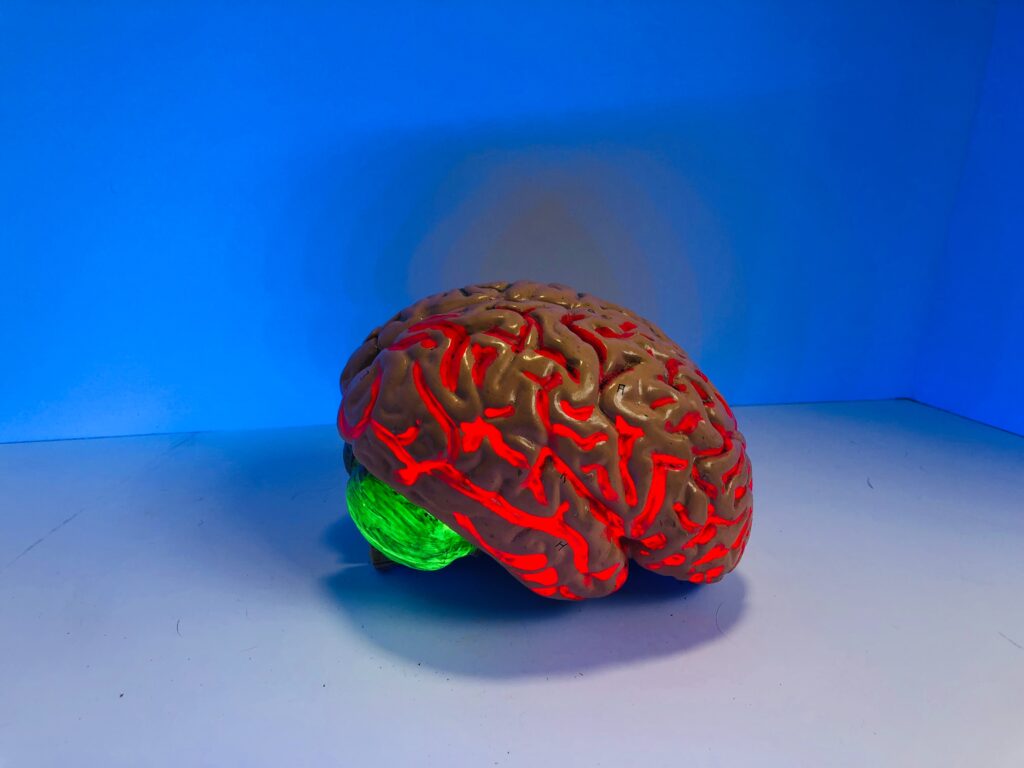The brain forms associations as a fundamental mechanism for learning and adaptation. This process, often exemplified by classical conditioning, involves linking stimuli and responses to facilitate the prediction and understanding of the environment. Associations in the brain serve several crucial purposes:
- Adaptation to Environment: Forming associations helps organisms adapt to their surroundings by recognising patterns and anticipating outcomes. This adaptive learning allows for more effective responses to stimuli, increasing the chances of survival and success.
- Prediction of Events: Associations enable the brain to predict future events based on past experiences. By linking stimuli and responses, the brain can anticipate the occurrence of specific outcomes, influencing behaviour and decision-making.
- Efficient Learning: Associative learning allows for efficient learning by reducing the need for constant relearning of every experience. Once an association is formed, it can be applied to similar situations, accelerating the learning process.
- Behaviour Modification: Associations play a role in shaping behaviour. Positive associations reinforce desirable behaviours, while negative associations discourage behaviours that lead to adverse outcomes. This process contributes to the development of habits and preferences.
- Survival Mechanism: Associative learning is a survival mechanism that helps organisms avoid harm and seek rewards. The brain forms associations between stimuli and consequences, guiding behaviour toward actions that enhance survival and well-being.
- Memory Formation: Associations contribute to memory formation by linking information in a meaningful way. This enhances the retrieval of memories, allowing individuals to recall relevant information when needed.
What happens when we make irrational or unhealthy associations?
Consider the example of predicting events and behaviour modification from the list above. Reflect on how your brain might have formed an irrational association between an object or place and a traumatic or stressful experience, now leading it to predict future encounters with that object or in that place as negative. Have you ever had an incident in a particular place, and now you avoid it because it triggers anxiety? Take, for instance, a phobia of spiders. Could your brain have linked spiders with fear because a parent or caregiver consistently reacted with fear upon seeing a spider?
The associations our brain creates are not always rational in the current context. Some are the result of a single traumatic event or repeated exposure to specific behaviours (like a parent’s reaction to spiders) and may not be beneficial in the present. Is it truly rational to fear a harmless spider? Is it reasonable to avoid riding a bike because of a childhood accident where you broke your arm?
Now, consider the example of associations between stimuli and response as a survival mechanism. While many associations enhance survival and well-being, some can have negative effects. For example, imagine feeling extremely stressed and drinking a lot of alcohol, which temporarily alleviates the stress. If this leads to drinking every time you’re stressed to avoid discomfort and seek the calming and pleasurable effects of alcohol, is this a healthy association?
In summary, the brain forms associations as a means of learning and adapting to its environment. This process is crucial for predicting future events, modifying behaviour, and ultimately increasing an organism’s chances of survival and success. However, not all associations contribute to sustained, healthy well-being. Therefore, it is important to be conscious of the associations we form with things, places, people, and our responses to these stimuli, evaluating whether they are healthy or unhealthy.
